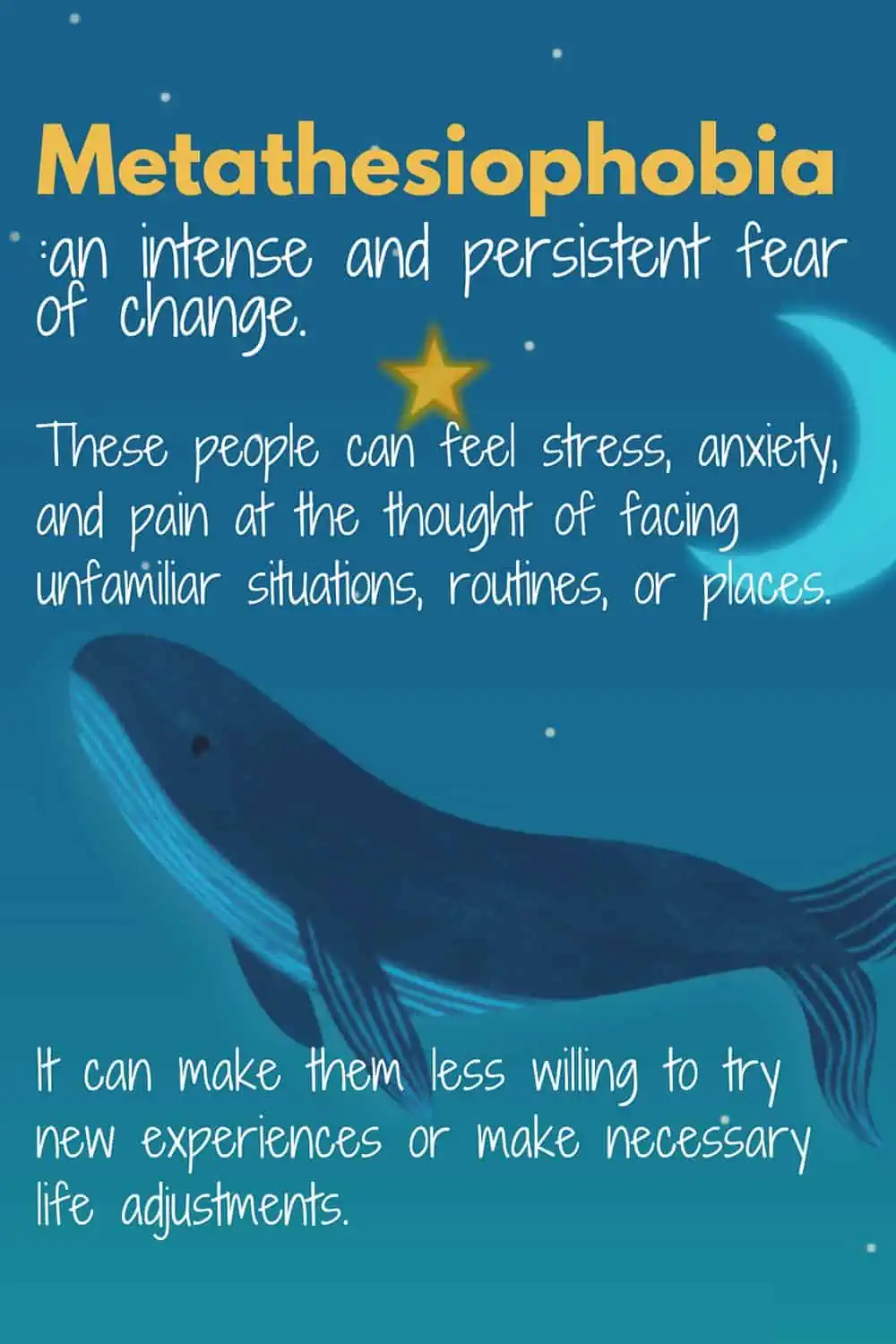— by Dr. Sandip Roy.
Of course, obstacles, harsh times, and rejections shaped you into who you are today.
Yet, so often, you see yourself handling future challenges with your present abilities. Whereas, you will face what lies ahead with your abilities forged in the fires of your past struggles.
Your resilience is a testament that you can grow beyond your present self. But if you choose not to learn life’s crucial lessons while there is time, you will have regrets.
This is a preventive guide. It opens your eyes and gives helpful solutions to your frustrations.
“Regret is a harsh teacher,” they say, and sadly, we learn many life lessons when it’s too late.
Get ready for a proactive change to erase your future regrets.
10 Lessons About Life Learned Too Late

Lesson 1: Take Care of Your Healthspan.
There’s a viral social media video that says, “Twenty years from now, you will give anything to be this exact age, exactly this healthy, and back in this exact moment.”
That is profound.
Aging happens slowly at first, but then suddenly. Prioritize your healthspan while you still can.
The healthspan is the length of time in one’s life when one is in optimal health.
When we are young, we often forget that our health is what will matter the most later on. We forget that life will surely extract its toll on our bodies and minds.
Imagine a life filled with energy, strength, and glow. Achieving this isn’t as hard as it seems. Start with these steps:
- Build a habit of daily exercise routine.
- Pledge yourself to have regular health check-ups.
- Design a healthy nutrition system. Avoid junk food.
- Do some intentional activity you enjoy that’s not work-related.
- Get regular and enough sleep, even if it means seeking professional help.
Think of these steps as your life’s early warning system to fend off future health issues.
These are two more tickets to a flourishing future life:
- Protect your intimate health. Safe practices and tests protect not just you, but your loved ones as well. It shows you care about their well-being.
- Don’t overlook your mental health. Mental health is not a luxury; it’s a necessity. It affects your happiness, work, and relationships. Seek professional help when your struggles get too hard to handle on your own.

Start today for a healthier, happier tomorrow. Don’t leave your health to chance as time turns.
Lesson 2: Embrace Diverse Points of View.
Have you ever seen a prism turn a beam of sunlight into a whole spectrum of colors?
It is a profound experience the first time you see light split into a rainbow.
You should do the same with life — see it through different perspectives, not just your own.
That different viewpoints matter is a lesson we often learn too late. We tend to stick to what’s familiar, and those who echo our opinions.
But life gets richer when we open up to different ideas and experiences.
The world is a cornucopia of unique stories. Each of those is shaped and colored by their backgrounds and beliefs.
Remember Voltaire’s words: “I disapprove of what you say, but I will defend to the death your right to say it.”
It’s about respecting each other’s right to see the world differently.
Respecting these differences, even when they challenge our ideas, is how we grow.
The “live and let live” philosophy is key. You don’t have to agree with everyone. Moreover, you can support others even when you disagree with them.
This helps build a society based on tolerance, acceptance, and mutual respect.
Practicing how to let people be is a great art to learn.
Being open to diverse and conflicting ideas also teaches us empathy. We start to understand others’ experiences and challenges without trying to “advise” them.

Stop building and living in comfortable echo chambers, surrounded by those whose voices resonate with your own.
Lesson 3: Never Say You’re Done Learning.
Remember the day you threw your graduation cap into the air? It felt like the end of learning, didn’t it?
We think that closing our textbooks means we’re done with learning. But that’s far from the truth.
Real life shows us that learning never stops. It just changes form, becoming more about real-world skills and knowledge.
Learning is a lifelong journey that helps us grow, both in our careers and as people. It’s like a river that keeps flowing, making every part of our lives richer.
How can you keep learning?
Read books, go to workshops, and try new things. Learning isn’t just for work. It’s also about following your interests and passions.
Pick up a new language can challenge your brain and open up new worlds of travel and culture.
Dive into the latest discoveries by the James Webb Space Telescope can expand your understanding of the universe. It invites you to ponder big questions, like what existed before the Big Bang.
What keeps you learning?
Being open to new ideas and eager to know more.
In the workplace, learning new skills can open doors and help you keep up with changes.
Make learning a part of your everyday life. It’s crucial. It gives you new skills, knowledge, and perspectives.
By embracing learning as a habit, you stay up-to-date, adapt to new challenges, and always find new things that excite you.
So, keep that learning flame burning. It’s the key to a brighter, more knowledgeable future.
Lesson 4: Overstep Your Comfort Zone, Despite Fear.
One of the most pitiful barriers to personal growth is fear of change.
It can hold us back from taking risks, trying new things, and stepping out of our comfort zones.
However, fear evolved is a natural human emotion. The thing is, we don’t need it today, just as much as we did in prehistoric times.

The comfort zone is a place where we operate in an anxiety-neutral condition, using a limited set of behaviors to deliver a steady level of performance, usually without a sense of risk.
Working inside our comfort zone feels safe and secure.
But staying in our comfort zone can stagnate our ideas and degrade our skills.
- Try to challenge yourself, take calculated risks, and test the discomfort of the unknown. Push yourself beyond your limits a little every time, and do things that make you uncomfortable.
- Become aware of what’s outside your comfort zone. Identify the things you think are worth doing but are afraid to do because you fear failure or disappointment. Draw a circle and write those things down outside the circle.
- The best way to live your modern life, perhaps, is to see life as a series of experiments and games. This attitude can help you take action despite feeling afraid.
Progress takes time, and no one says that you must achieve it only in leaps and sprints.
So, take small steps without feeling rushed to take a big leap out of your comfort zone. Tackle small challenges and gradually build up your confidence.
Lesson 5: Let Go of Regrets. Learn From Mistakes.
We all have moments or decisions we wish we could change. But, holding on to these regrets can harm our mental health and happiness.
Instead of keeping your feet stuck in the past, learn from your mistakes and move on.
Mistakes can lead to regret and self-blame, but it’s crucial to see them as normal and essential for growth. Learning from these slip-ups helps us improve and grow stronger.
To release regrets, try changing your perspective. Focus on what each mistake taught you, rather than what you could have done better.
When you see mistakes as lessons, it changes regret into a chance for growth.
Being kind to yourself is another way to ease regret. Remember, everyone messes up. Showing yourself some compassion can lessen the sting of regrets and self-criticism.
Taking responsibility is also key to learning from mistakes. Owning up to errors and trying to fix them helps you move on, feeling positive and in control.
So, turn mistakes into lessons.
See things in a new light, be kind to yourself, and take charge of your actions.
Lesson 6: Give Relationships The Priority They Deserve.
The saying “No man is an island” truly captures the essence of human nature. We flourish through our connections and relationships with others.
However, it’s easy to get wrapped up in personal pursuits, overlooking the needs of those around us.
Learning to value relationships and connections is often learned late in life.
We take too much time to understand that what truly counts is our relationships with our close ones. We see that we tried to nurture them with stuff and success, not love and care.
Friendships are among the most valuable relationships. They support us during tough times. They join our celebrations in good times.
Cherish these bonds and find time for friends, even in a hectic schedule.
Intimacy, too, is key in both emotional and physical closeness. Being open and vulnerable deepens connections, whether a partner or a close friend.
This depth is essential for meaningful relationships.
Focusing on relationships and connections benefits our well-being. Research indicates that strong social ties contribute to greater happiness and health. Surrounding ourselves with positive influences enhances our quality of life.
Far too many people learn late the importance of relationships and connections.
Life’s true riches lie in our interactions with loved ones. Investing in these relationships enriches our lives and promotes personal well-being and happiness.
Lesson 7: Take Responsibility. Be Accountable.
Being a mature adult comes with a sense of responsibility for our actions.
This courage to be held accountable, no matter what, is key to taking charge of our lives. It shows that we know how our choices affect those around us.
Being accountable will need you to admit to your errors and do what’s necessary to correct them. It will test your truthfulness with yourself and others.
But this isn’t just about us. It’s also about how we fit into the wider community.
Our actions ripple out, influencing others and the society we live in. By acting responsibly and with integrity, we contribute positively to the world, helping shape a better future for all.
Ethics play a big role in this. These moral principles guide us, aligning our actions with our core values. Ethical behavior is about doing the right thing, even when it’s challenging, showing that we’re responsible for our actions and their broader impact.
Make bold decisions and be courageous enough to hold yourself accountable for the results.
So, choose to do the right thing, even when it’s tough, and when nobody’s watching.
Lesson 8: Pursue Your Passions, Whatever Your Age.
When we are young, we are often told to dream big and pursue our passions. And then life gets busier, and those dreams and passions start to fade into the background.
But, whatever your age, following your passions is key to a fulfilling life.
Remember to set goals that align with your passions.

These goals give us a clear direction – they show us the why, how, and what of our desires. With clear goals, we can outline the steps needed to realize our ambitions.
Chasing our dreams isn’t always smooth sailing. We’ll likely face hurdles and setbacks. Despite these challenges, it’s essential to stay dedicated to our goals.
The road to passion isn’t a straight line. It’s full of twists and turns, like a windy mountain road. Be willing to navigate these twists and turns while staying committed to your passions and ambitions.
Practicing what we are passionate about brings a deep sense of satisfaction, whatever the result.
By walking your own path and focusing on what truly matters to you, you live a life that’s genuinely yours, not someone else’s.
- So, chase your passions and dreams for a more rewarding and meaningful life.
- Set clear goals to keep focused, and don’t let obstacles and other people’s opinions deter you.
- Remember, it’s about staying true to your journey, no matter the twists and turns.
Lesson 9: Practice Self-Care Like Your Life Depends On It.
The idea of self-care becomes truly meaningful as we age, when it moves beyond a trendy term to a critical component of our physical, mental, and emotional wellness.
Self-care varies widely, encompassing sufficient sleep, regular exercise, hobbies, and relaxation. It’s vital to weave self-care into our daily lives, boosting our energy, focus, and resilience against life’s hurdles.
Equally important is our mindset. Adopting a growth mindset enables us to face life’s challenges with resilience and optimism.
Embrace challenges, learn from setbacks, and maintain hope. This mindset fosters a sense of purpose and enriches our lives.
Physical activity is a cornerstone of both self-care and mindset. Regular exercise enhances physical health and mental well-being, releasing endorphins that elevate mood and alleviate stress. Finding a workout routine that aligns with our lives is key.
In essence, self-care paired with a growth mindset lays the foundation for a fulfilling life. It equips us to tackle challenges head-on, fostering a richer, more meaningful existence.
Lesson 10: Find Happiness in the Present Moment.
Mindfulness is about living fully in the now, appreciating each moment.
Caught between the past and future, we often miss the beauty of the present. Yet, learning to find joy in the now is crucial.
Carpe diem, or “seize the day,” is a phrase that has been around for centuries, and for good reason. It reminds us of life’s brevity.
It tells us that life is short, and we never know what the future holds. So, instead of worrying about what might happen or dwelling on what has already happened, we should focus on making the most of the present moment.
To live in the moment, dive into activities that bring you happiness. Spend time with loved ones, indulge in hobbies, or enjoy nature’s beauty. These moments bring true happiness and create cherished memories.
Laughter is another key to enjoying the present. It eases stress, strengthens our immune system, and lifts our spirits. Laughing draws us into the moment, lightening our burdens.
Ultimately, the secret to a fulfilling life is finding joy in the present. Challenge yourself, engage in joyful activities, and laugh often. This approach builds a life rich in happiness and contentment.
Embrace the present and treasure each day to its fullest. Starting today.
FAQs
What are some of the most important lessons you’ve learned in your life?
For me, these are the four non-negotiables of life: discipline, hard work, education, and a positive mindset. I also believe it’s vital to stay around people who are positive and supportive.
I learned that failures are not the end of the world and that I must keep learning from mistakes. I’ve also learned to remain open to new experiences, to remind myself to do intentional happiness activities, and to never give up on my dreams.
And that I don’t have to be unkind to express my disagreements, and that it only takes a minute each day to feel thankful for the good things that exist in my life.
What are some lessons that young adults should learn early in life?
Young adults have a lot to learn. I feel they should:
1. learn to take responsibility for their actions (instead of blaming someone else for their mistakes),
2. manage their time effectively (instead of “doomsday” scrolling on social media), and
3. set goals for themselves (instead of letting their moods decide what they would do).It would do them immense good to learn to write more effectively, build strong relationships outside their friendships, and be resilient in the face of challenges.
And stop coping with their emotional surges with social media scrolling.
What are some examples of life experiences that can teach valuable lessons?
Many life experiences can teach us valuable lessons. For example, going through a breakup alone can teach us how communication, trust, and compromise matter in relationships.
Losing a job can teach us about the value of hard work and perseverance. Traveling to new places can teach us about different cultures and ways of life.
What are some important life lessons that people often learn too late?
Life is full of lessons, and we all learn at our own pace. However, one of the common ones is that we realize too late that it’s critical to take care of our health, to save money for the future, or to spend more time with loved ones. Other essential lessons include learning to let go of grudges, to be true to ourselves, and to embrace change.
What are some practical life lessons that students should learn?
Students have a lot to learn, but some lessons are more practical than others. For example, they should learn how to manage their money, how to cook healthy meals, and how to do their own laundry. They should also learn how to communicate effectively, how to set goals for themselves, and how to manage their time effectively.
What are 10 life lessons we can all learn?
1. Don’t be afraid to be yourself. Don’t let other people’s opinions or expectations dictate who you are. Be true to yourself and follow your heart.
2. Don’t wait for the perfect moment. If you have an idea, go for it! Don’t wait for everything to be perfect before you take action.
3. Don’t be afraid to fail. Failure is a part of life, and it’s only by learning from our mistakes that we can grow and improve.
4. Don’t give up on your dreams. No matter how hard things get, keep going. Keep working towards your goals, and never give up on your dreams.
5. Take care of your health. Your health is your wealth. Make healthy choices and get regular checkups.
6. Spend time with the people you love. Life is short, so make sure to spend time with the people you love. Cherish the moments you have with them, and let them know how much you care.
7. Give back to others. There are many people in need in the world. Find a way to give back and make a difference in someone’s life.
8. Be grateful for what you have. It’s easy to focus on the things we don’t have, but it’s important to remember all the good things in our lives. Take some time each day to be grateful for the people, things, and experiences that make your life special.
9. Live in the present moment. Don’t dwell on the past or worry about the future. Focus on the present moment and enjoy each day as it comes.
10. Keep having fun. Life is meant to be enjoyed. Make sure to take some time each day to do something that makes you happy.
Final Words
Let’s close this with these key takeaways:
- Taking care of our health is a nonnegotiable for a fulfilling life. If not, you will regret a lot for this.
- Embracing diverse viewpoints is an essential skill. Learn to hold two opposing ideas at the same time, without attaching yourself too much to your own.
- Continuous learning while pursuing your passions, and not forgetting self-care and self-love, will help you find happiness in your present moment without getting too stressed.
√ Also Read: 12 Behaviors That Strongly Suggest You Lack Self-Discipline
√ Please spread the word if you found this helpful.
• Our Story!
